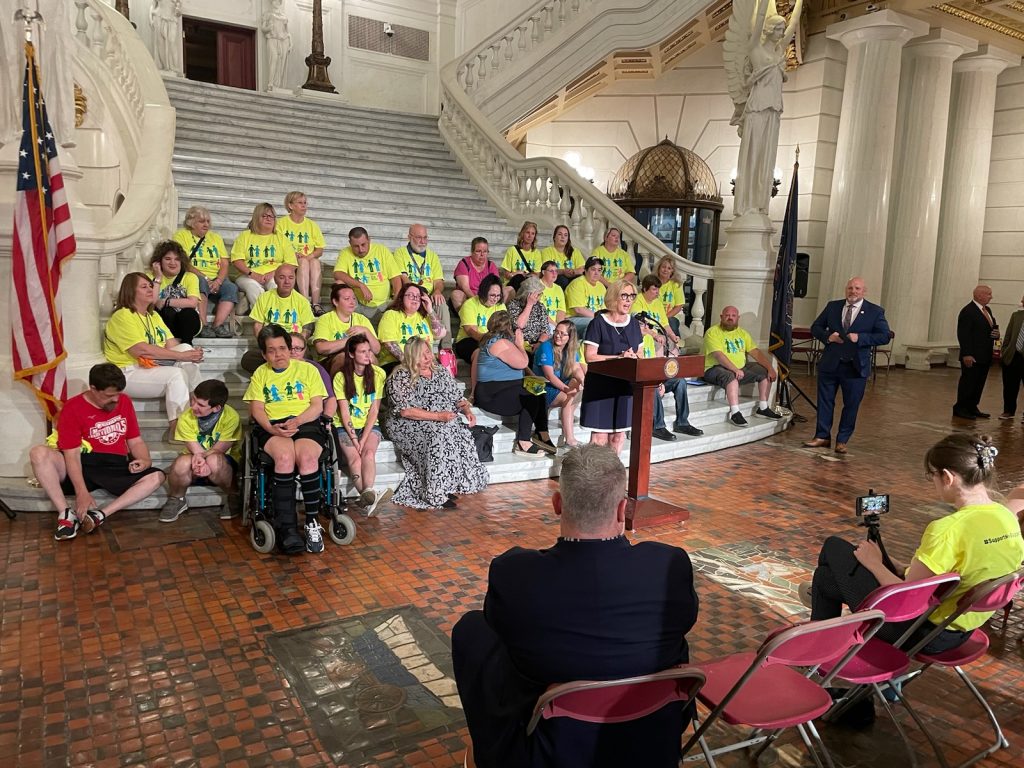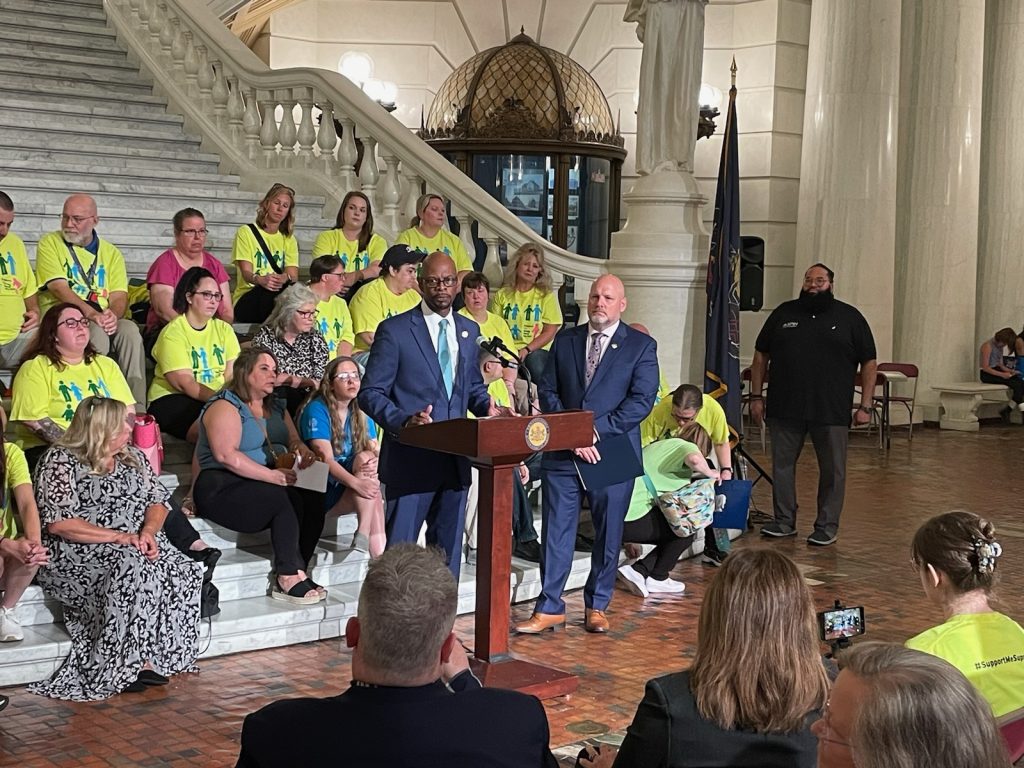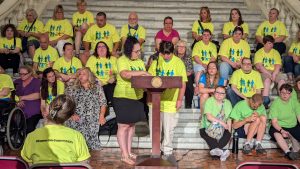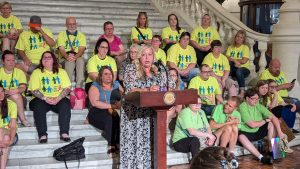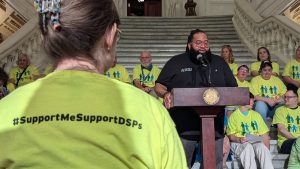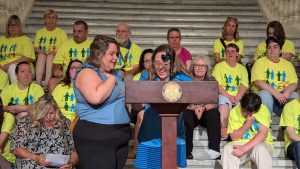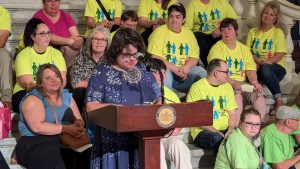The Institute on Disabilities at Temple University is inviting people to participate in a paid interview about the Direct Support Professional (DSP) workforce.
Who can participate?
- Current and former Direct Support Professionals (DSP) or Support Service Professionals (SSP).
- Individuals with Intellectual and Developmental Disabilities (IDD) or their family members with experience of migration and/or the DSP workforce crisis.
- Direct support providers.
View the flyer for details about this project, including why and how to participate. To schedule an interview or learn more, please contact the team via email or at 215-204-7177.













